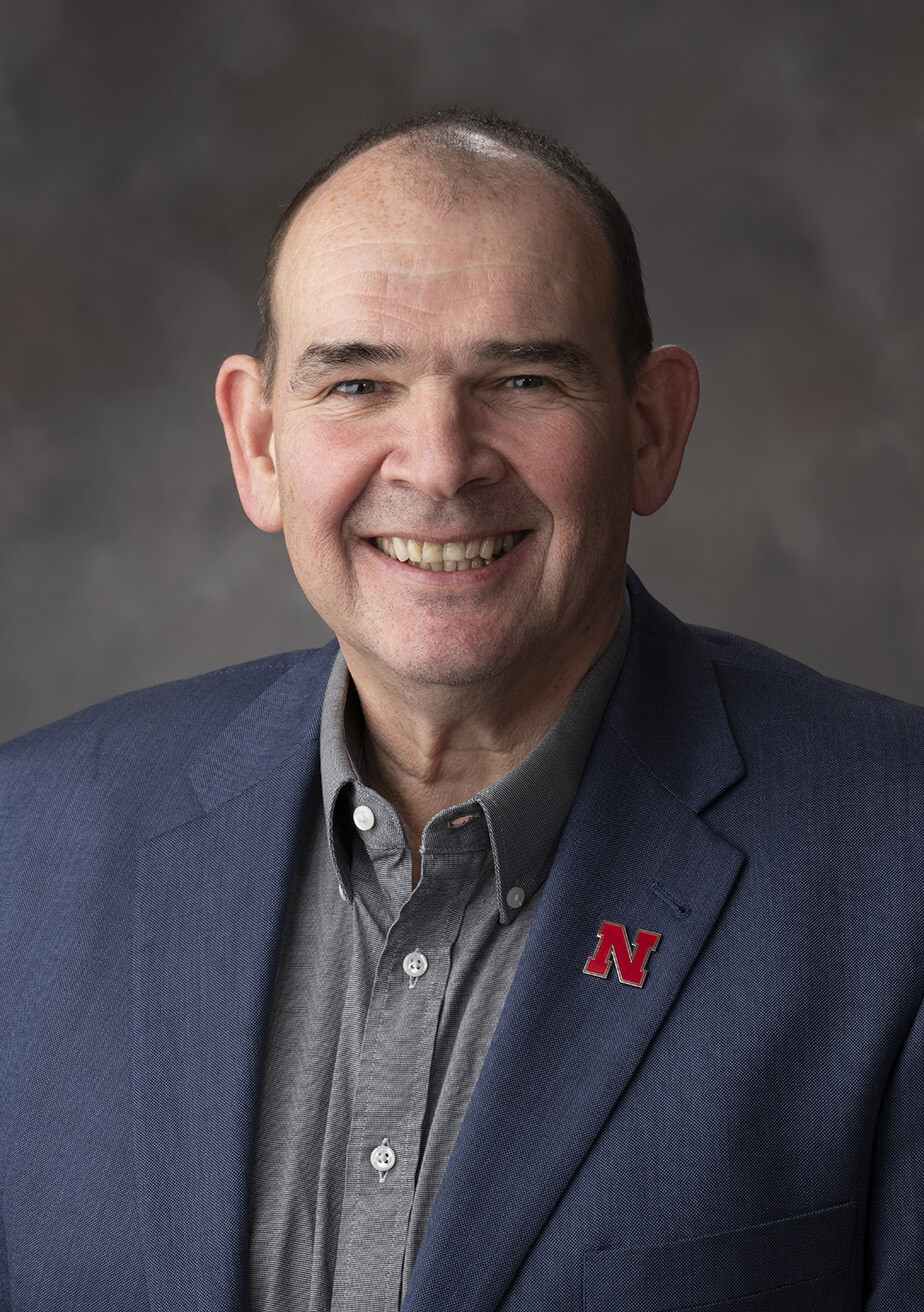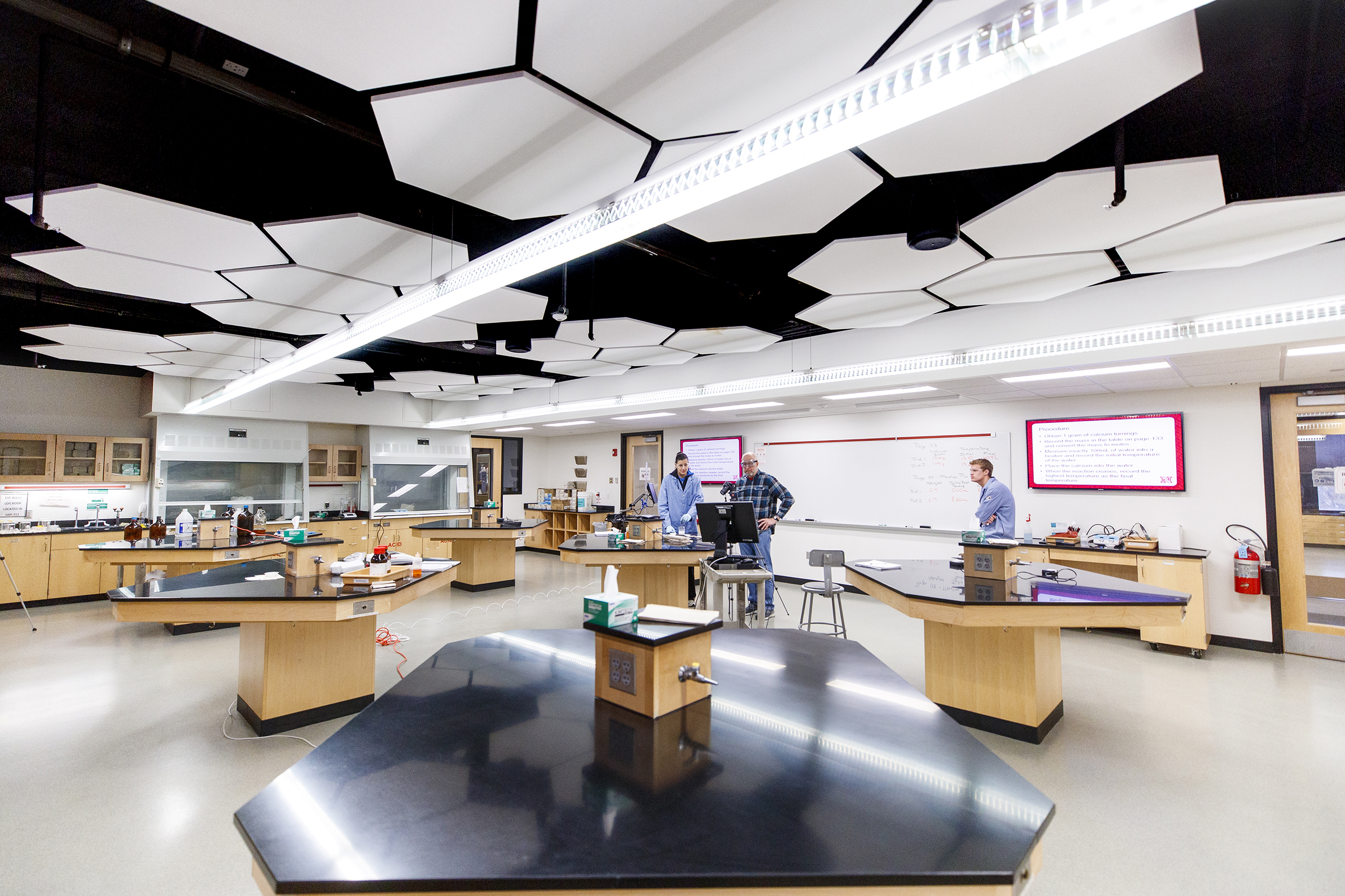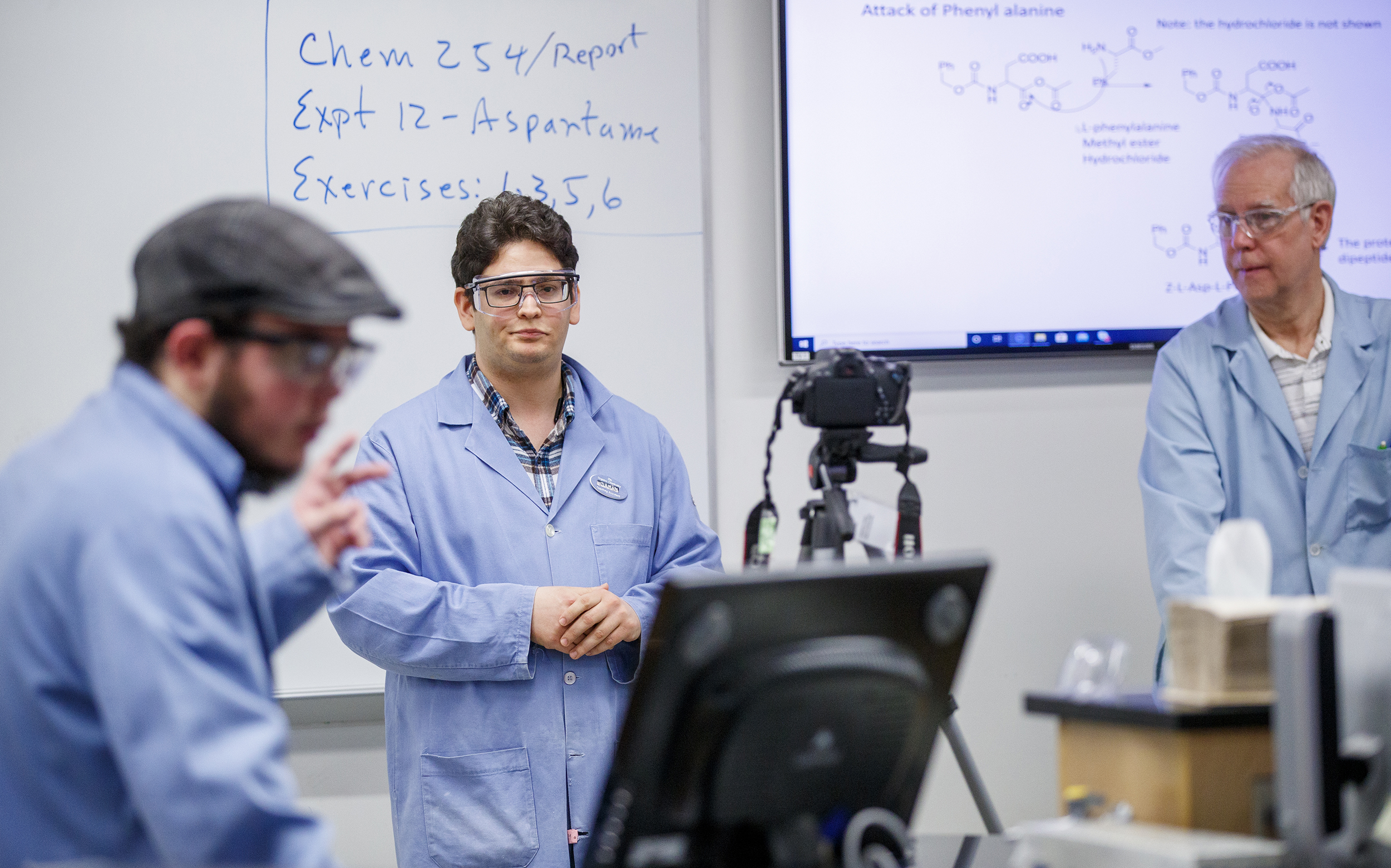
How does a classroom course transition to a remote access learning model? That’s the question on every instructor’s mind as the University of Nebraska–Lincoln officially reopens classes through remote learning March 30 in response to the spread of COVID-19.
The Center for Transformative Teaching has been helping lead the transition, and is actively engaged with faculty to answer questions, concerns and give guidance.

The staff at the center specialize in instructional design, including remote learning. The center was officially founded at Nebraska in September 2019 to support and advance teaching excellence and innovation across the university.
Monk said much of what his team has been working on since September, and prior to the formation of the center, has aided them in working with faculty now.
“Most of our instructional designers previously focused on remote learning — getting things online — and their roles have expanded within the center, but in this particular crisis, their expertise is exactly matched to what we’re focused on right now,” Monk said.
For the past several weeks, the center has turned all of its energy toward remote access learning and has put many resources in place.
“We’ve been thinking about this for at least a month, and I felt it was really important that we pre-empt some of the issues that would come up,” Monk said. “We’ve all had our eye on it because we’ve been aware that there might be a situation where the campus would have to shift to remote teaching, and we knew that that would be a significant challenge.
“And I think we’re fortunate in having a senior leadership team that has been clear about expectations and proactive throughout this situation.”
Monk said embedded instructional designers have already held workshops in their affiliate colleges, and the center is hosting an online mini-course March 23-27, with 70 participants currently registered. The mini-course is covering five themes and includes pre-recorded sessions with discussion and brainstorming on online forums for participants.
The center also is working closely with ITS Services at Nebraska, fielding questions and jointly developing resources.
Monk said faculty and students can access online guides through the center’s website. The team put together a Keep Teaching guide for instructors and a Keep Learning guide for students. The guides are being continuously updated.
“We’ve just added a large section to Keep Teaching on assessments, because many of the questions we’ve had are focused on ways to create assessments remotely that are normally done face-to-face,” Monk said. “The guide for students has topics that go from very basic to very detailed, so our hope is that all students can apply it to their situation.”
Faculty peer discussions are ongoing through forum threads on the center’s Canvas-based resource, Teaching at UNL, to which all instructors have access.
“We’re curating and managing those threads, and they are proving to be a valuable source for instructors to gather information and share useful strategies,” Monk said.
Monk said Nebraska has exceedingly resilient instructors.
“The colleges and departments have been brilliant in partnering on workshops, supplementing materials, and sharing the resources and messages we have available,” he said. “We have an amazing group of instructors here, and they’re doing a fantastic job.”
Monk said his team will support and consult with faculty throughout the semester and continue to design courses and workshops as needs arise.
“It’s such a dynamic situation, it’s really hard to say what exactly will be next,” Monk said. “I’m sure there’ll be demand for further support as we move from creating resources to advising, but whatever is needed we’ll be happy to provide.
“Part of what we’re having to do is to imagine ourselves in the position of instructors and think, ‘Well, what’s going to be most useful? And how can we do that in a way that is going to benefit people quickly and efficiently?’ Everything we do will be geared toward that response.”
Instructors can reach out directly to the center and can find the appropriate team member on the center’s contact page.









